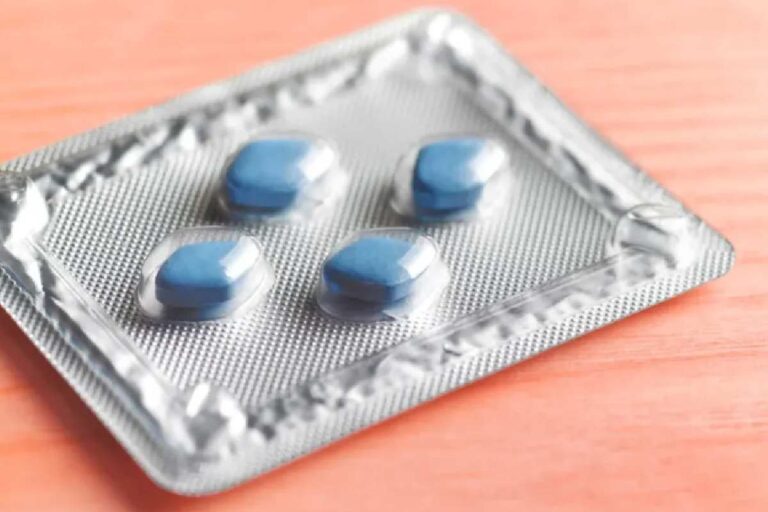Drug Interactions
So you’ve finally had the conversation. The one that starts with a deep breath and ends with a prescription for ED treatment.
You’re not alone. In fact, erectile dysfunction is one of the most commonly discussed (and Googled) health issues for men over 40—and for good reason. The solutions available today are more effective, more discreet, and more widely accessible than ever before.
But before you celebrate your new prescription, there’s one not-so-small thing to consider:
What else are you taking?
Viagra (and similar medications) work by dilating blood vessels and improving blood flow. Sounds straightforward—but that process doesn’t happen in a vacuum. When combined with certain other medications, the results can be… less than ideal. In rare cases? Dangerous.
Let’s break down the drug interactions you actually need to watch out for.
Table of Contents
1. Nitrates: The #1 Red Flag Combo
If you take nitrates for chest pain (think nitroglycerin), combining them with ED medication is a hard no.
Why? Both drugs lower blood pressure. Take them together, and that drop could be severe—dizzy-on-the-floor severe, or worse. It’s not a “wait a few hours” situation either. The risk of dangerously low blood pressure can linger well beyond the timing of your last dose.
So if you’ve got heart issues and take nitrates regularly, talk to your doctor about alternative ED treatment options. The combo is off-limits for a reason.
2. Alpha Blockers: For Prostate or Blood Pressure? Proceed Carefully.
Alpha blockers—often used for enlarged prostate (BPH) or high blood pressure—are another class of meds that can interact poorly with ED pills.
They also lower blood pressure, and when paired with Viagra, the risk of fainting or dizziness increases, especially in older adults. If you’re on both, timing and dosage matter. Your healthcare provider may recommend starting on a lower dose or spacing the medications apart to minimize risk.
Bottom line? Don’t mix without medical guidance.
3. Certain Antifungals and Antibiotics: Yes, Really.
Weirdly enough, that fluconazole prescription for a fungal infection? Or that clarithromycin for your last sinus infection? They may increase blood levels of your ED medication, intensifying side effects like headache, flushing, or prolonged erections (yes, that’s a real thing—and not in a good way).
These drugs inhibit enzymes in your liver that normally help break down ED medications. When those enzymes get blocked, the medication sticks around longer than expected.
So if you’re fighting off an infection, let your doctor know before continuing your ED routine.
4. HIV Medications and Hepatitis C Treatments: Another Metabolism Trap
Similar to antibiotics, certain antiviral drugs can alter how ED medications are processed in your body. This includes medications used to treat HIV and Hepatitis C.
Some of these antivirals ramp up the effects. Others might dampen them. Either way, you’re not getting predictable results—which isn’t exactly ideal when timing matters.
This is where a pharmacist or specialist can really help. A quick med review can save you from an embarrassing (or dangerous) surprise.
5. Recreational Drugs: The “Harmless” Add-Ons That Aren’t
Let’s be honest—some guys mix alcohol or pop an ED pill during a night out, assuming everything will sort itself out.
Here’s the thing: Alcohol lowers blood pressure and blunts responsiveness. Add in something like amyl nitrate (“poppers”)—which some people take recreationally—and you’ve now stacked multiple vasodilators.
Best-case scenario? The pill won’t work. Worst case? You end up in the ER.
Not exactly what anyone signed up for.
The Smarter Move: Talk Before You Pop
There’s nothing wrong with seeking help for erectile dysfunction. It’s a legitimate health issue with legitimate solutions. But ED treatment doesn’t exist in a bubble—your other prescriptions matter.
Before you fill that script or click “refill,” check in with your provider or pharmacist. A five-minute conversation could prevent a very uncomfortable hour (or night).
Because good sex is great. Safe sex—with the right medication plan? Even better.


